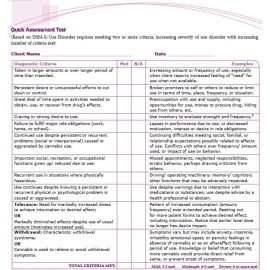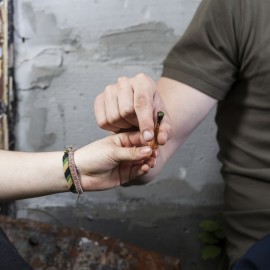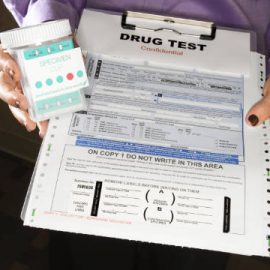Addiction Clinicians
Maintenance Dilemma
Would you respond to this information with a concerted effort at self-examination and profound behavior change?
Topics: addiction medications, client engagement and motivation, MAT, opioids
A Place for Placebo?
Might be that clinicians can teach patients to activate their own body’s placebo response, in order to feel better.
Topics: opioids, research, therapies and tools
Diagnosing Cannabis Use Disorder: Updated
It certainly makes sense that if you suffer from a major mental illness, you should stay away from pot.
Topics: assessment, cannabis, diagnosis
Pot in Rehab
I’ve never had much success explaining to a patient in the first 30 days of recovery that when Bobby smokes dope, it’s medicine, but when Liz lights up, it’s drug abuse.
Topics: cannabis, compliance and noncompliance
Drug Testing
If you’re not careful, the whole thing turns into an endless game of cat-and-mouse, that leads nowhere.
Topics: compliance and noncompliance, counseling skills
Three Challenges
Like a stroke patient who suddenly finds himself needing to relearn basic skills that were once automatic, it may require a level of personal commitment unseen for many years.
Topics: assessment, client engagement and motivation, counseling skills, outpatient treatment, relapse
Treatment Plan Redux
Addiction programs, conversely, targeted elimination or at least substantial reduction in substance use– a narrower goal that permitted greater focus in treatment.
Topics: clinician skills, defense mechanisms, treatment planning
What is Trauma?
The practitioner’s job is to tease apart the clinical picture to identify likely contributors to focus on in treatment.
Topics: co-occurring disorders, counseling skills, trauma
Cross-Addiction
Newcomers had a tendency to focus their attention on the drug that brought them to treatment, ignoring others they happened to have been using.
Topics: diagnosis, signs and symptoms


















